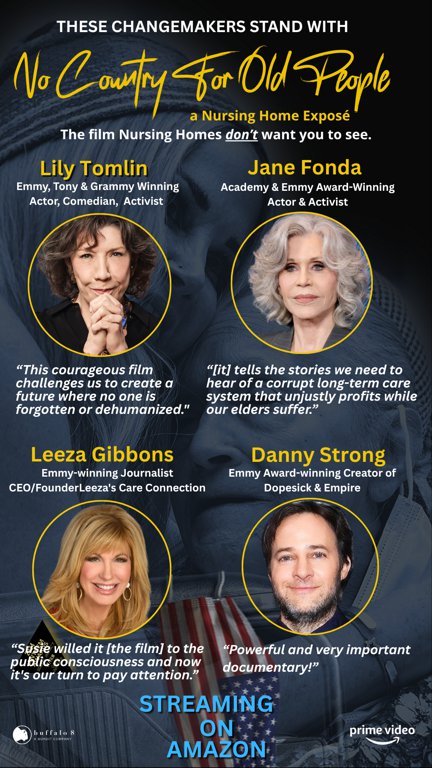Join Reuben Guttman, JD and Daniel Aaron, JD, MD for a thought-provoking discussion exploring the role that litigation has played in uncovering systemic issues within medical research and healthcare. Led by two experienced lawyers specializing in healthcare and pharmaceutical law, this seminar will delve into how legal actions have revealed problems such as conflicts of interest, manipulative marketing practices, and economic drivers leading to overbilling and crises like the opioid epidemic. The discussion will examine whether regulators, including the FDA, CMS, and Medicaid, have adequately responded to these revelations, and propose strategies to better align industry practices with public interest.
Click here to register or learn more: https://mailchi.mp/consilium-scientific/7b4b3umjdp
About the Speakers:
Reuben Guttman is a founding member of Guttman, Buschner & Brooks, PLLC where his practice involves civil rights, whistleblowers, class actions and complex litigation.
The International Business Times has referred to him as “one of the world’s most prominent whistleblower attorneys.” Citing “wins recouping billions of dollars for the federal and state governments,” Boston Globe’s STAT News referred to him as the “The Lawyer Pharma Loves to Hate.”
Guttman has represented workers, unions, and pension funds in complex litigation. For over a decade, he has served as the chief outside counsel to the Oil, Chemical & Atomic Workers International Union, AFL-CIO/CLC, in a series of labor and environmental cases that enhanced safety and environmental conditions at Manhattan Project nuclear weapons sites while driving dread disease compensation legislation for nuclear weapons workers across the nation.
In 2020, he served as lead counsel in a federal class action lawsuit against the South Carolina Department of Corrections and secured a consent order mandating Hepatitis C testing and treatment for 17,000 inmates.
Guttman is currently a faculty member of the American University School of Public Affairs where he teaches Equal Protection/Civil Rights, and he has been an Adjunct Professor at Emory Law School and a Senior Fellow at Emory Law’s Center for Advocacy and Dispute Resolution.
Guttman received his JD from Emory University and his BA in American History from the
University of Rochester. He is the founder of www.whistleblowerlaws.com. He began his legal career as a Washington DC counsel for the Service Employees International Union, AFL-CIO, where he served for five years. Guttman is licensed to practice in front of The United States Supreme Court and in the states of Georgia, New Jersey, Pennsylvania, the District of Columbia.
Dr. Daniel G. Aaron is an Associate Professor of Law at the S.J. Quinney College of Law, University of Utah. He received his JD from Harvard Law School and his MD from the Boston University Chobanian & Avedisian School of Medicine.
Professor Aaron’s research examines how the law shapes life and death in the United States and the legal and social trends that explain the fall in American life expectancy. This involves studying breakdowns in regulatory and legal systems that contribute to American mortality and wrestling with how to repair them. To this end, he has published articles on the intersection of food and drug law, administrative law, tort and multidistrict litigation, tobacco, racial inequity, corporate power, and regulatory capture.
Prior to joining the law school, Professor Aaron clerked for the U.S. Court of Appeals for the Sixth Circuit with Judge John K. Bush. Before that, he served as Assistant Chief Counsel at the U.S. Food and Drug Administration. During that time, he was also a Heyman Fellow at Harvard Law School, and he is a member of the Justice Initiative, a collaboration between Harvard Law School and Howard University School of Law aimed at providing law students a community space to discuss the intersection of race, justice, and the law.
Click here to register or learn more: https://mailchi.mp/consilium-scientific/7b4b3umjdp

